The seventh annual National Day of Racial Healing features a live town hall from New Orleans at 10 p.m. ET on Jan. 17, 2023, and Telemundo will stream a Spanish language town hall from New Orleans at 7 p.m. ET.
Seventeen years ago, the devastation of Hurricane Katrina revealed massive racial disparities in communities’ abilities to survive, rebuild and thrive. New Orleans has increasingly embraced racial healing and the complementary work of fiscal inclusion as good economic, governmental and policy sense. The W.K. Kellogg Foundation has partnered with organizations throughout New Orleans to promote and sustain racial healing throughout the city.
Racial healing is a process that restores individuals and communities to wholeness, repairs the damage caused by racism and transforms societal structures into ones that affirm the inherent value of all people.
This process includes the opportunity to acknowledge and speak the truth about past wrongs created by individual and systemic racism and address present-day consequences for people, communities and institutions.
Racial healing benefits all people, because we are all living with and impacted by racialized narratives. To appreciate our shared humanity, we need to build authentic relationships capable of transforming communities and institutions while achieving justice and well-being for all children.
Every person, organization and community can engage in different processes for racial healing. W.K. Kellogg Foundation’s lead partner in Truth, Racial Healing & Transformation is the Foundation for Louisiana’s (FFL) Racial Justice Program. This program is committed to reimagining movements for freedom centered in healing and transformation. As a Black-led and centered organization rooted in racial justice, the Racial Justice Program acknowledges the collective impact of Black history on policy, reform, arts and culture. FFL also recognizes the legacy of Louisiana-based Black and Indigenous healing traditions and the lineage of Black and Indigenous healers who for generations ensured their communities are well-sustained, rooted and equipped to thrive, despite harmful and often violent conditions.
Racial healing includes restoring individuals and communities to wholeness. One clear example of how racism fractures communities can be found in the well-documented and adverse impact of the 1949-1974 federal urban renewal project. As in many cities, in New Orleans, the development of the freeway (I-10) through the middle of the city destroyed an economic and cultural corridor, impacting Tremé, the nation’s largest community of free people of color. The residual impact of this federal policy lived well into the 21st century, including a documented 25-year life expectancy differential between residents of this corridor and other areas of the city. An effort championed by community activists and supported by the City of New Orleans spawned renewed interest and investment to repair the harm and transform this community. WKKF partnered with the Ujamaa Economic Development Corporation, Ashé Cultural Arts Center, City of New Orleans’ Network for Economic Opportunity and the Foundation for Louisiana in this effort.
These partnerships resulted in a community-generated master plan for the redevelopment of the Claiborne Corridor. This directly contributed to the re-emergence of economic investment and growth of Black-owned businesses, the restoration of historic businesses like Vaucresson’s historic sausage company and increased receipts for Black business owners.
The community also piloted local and state anti-displacement policies to mitigate current and future harms to residents (building on its past lessons to address harmful impacts of gentrification). The Claiborne Corridor Cultural Innovation District partnered with the City of New Orleans and the State of Louisiana on its infrastructure application to continue redevelopment and operationalizing the plan.
The relationship- and trust-building that takes place through racial healing also is at the core of coalition building. Relationships, the collective action they inspire, and the restoration of a sense of wholeness or justice through policy all have healing effects.
A Jim Crow Era law outlined in the 1890 Louisiana Constitution, which allowed for individuals to be convicted without an unanimous jury (10-2), remained on the books in Louisiana through the 21st century. Non-unanimous juries have contributed to Louisiana’s designation as the nation’s most incarcerated state and to thousands of individuals wrongfully incarcerated. Organizers and lawyers recognized this harm and worked to repair it; WKKF supported the Power Coalition for Equity and Justice, Foundation for Louisiana and Voice of the Experienced. Their collective advocacy resulted in a constitutional amendment placed on the ballot for voters in 2018. Sixty-four percent of Louisiana voted to eradicate this Jim Crow era law, acknowledging it as unjust. The Supreme Court subsequently ruled non-unanimous juries were unconstitutional. This racial healing work continues as 1,500 individuals impacted by this law remain incarcerated and unable to get new trials, as there is no retroactive application of the reversal.
Racial healing’s most salient case for how it benefits all is demonstrated in its economic process. Nationally, by 2050, more than half of all consumers will be people of color. Closing the existing earning gap would increase spending by $2.7 trillion. In New Orleans, closing that gap by 2050 would represent a $43 billion gain in economic output alone.
Closing that gap begins with expanding access, addressing the skills gap and building a more inclusive economy. Yet historic racialized inequities in business development in New Orleans have limited present-day growth. Despite comprising nearly 40% of businesses in the city, Black-owned businesses receive just 2% of receipts. This has garnered the attention of city, nonprofit and philanthropic leaders who recognized our city’s collective growth requires addressing the capacity and structural limitations facing Black-owned businesses after years of lack of access to capital and under-investment.
WKKF partnered with the City of New Orleans, New Orleans Business Alliance, NewCorp, Greater New Orleans Funders Network, Kresge Foundation and the Surdna Foundation, as well as major financial institutions like JP Morgan Chase and Liberty Bank. The work to repair the harm spawned a mobilization fund to begin growing the capacity of these businesses and expand access to capital. The mobilization fund was catalytic and contributed to the recently launched Entrepreneurs of Color Fund.

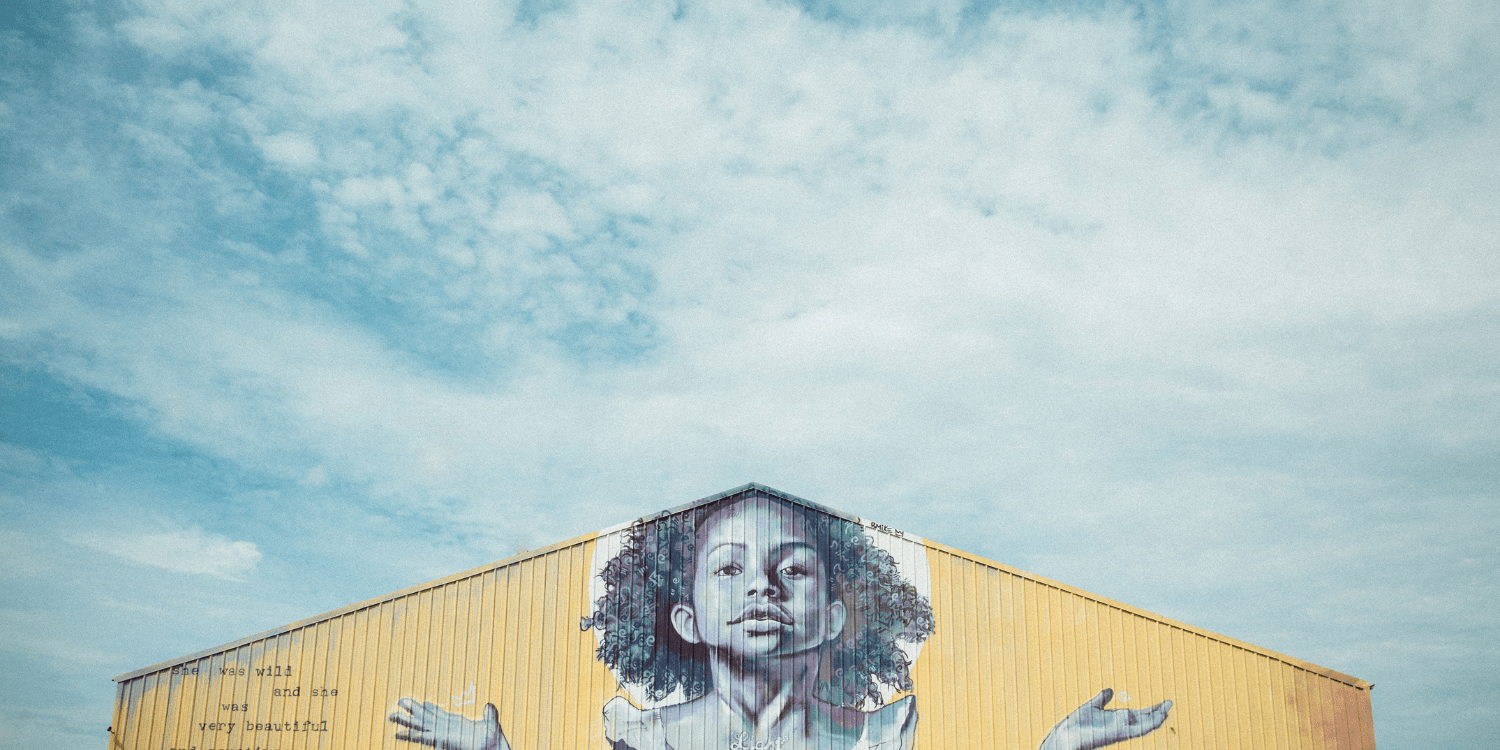
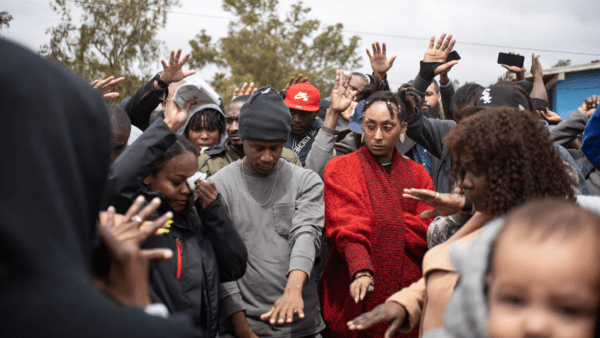
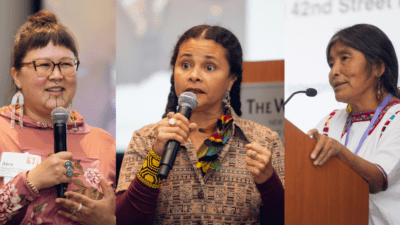
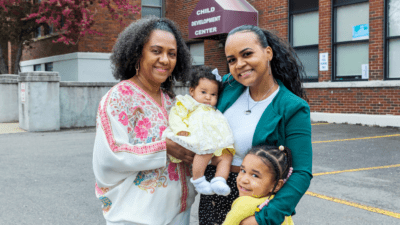
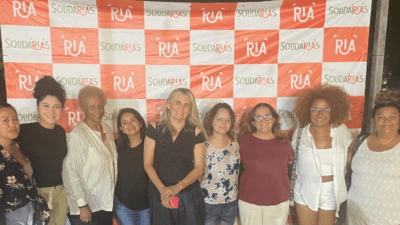
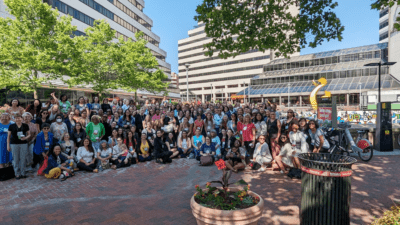

Comments